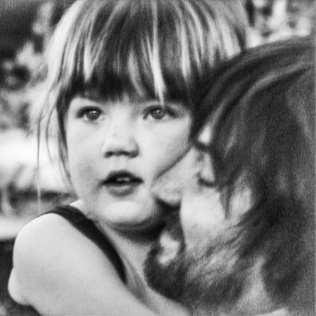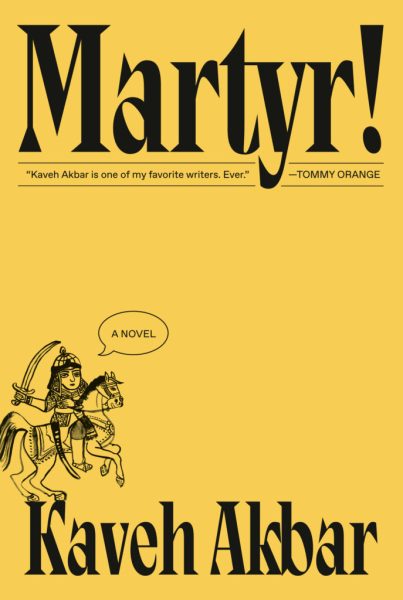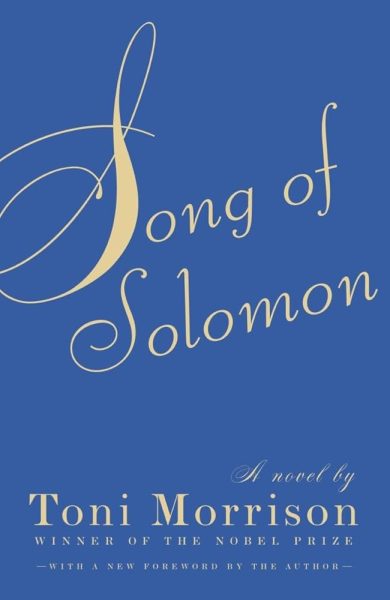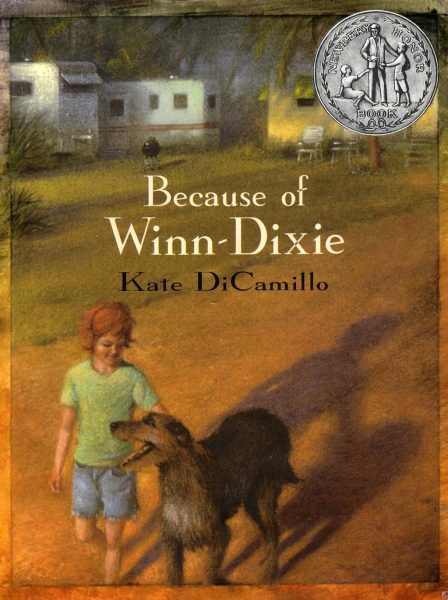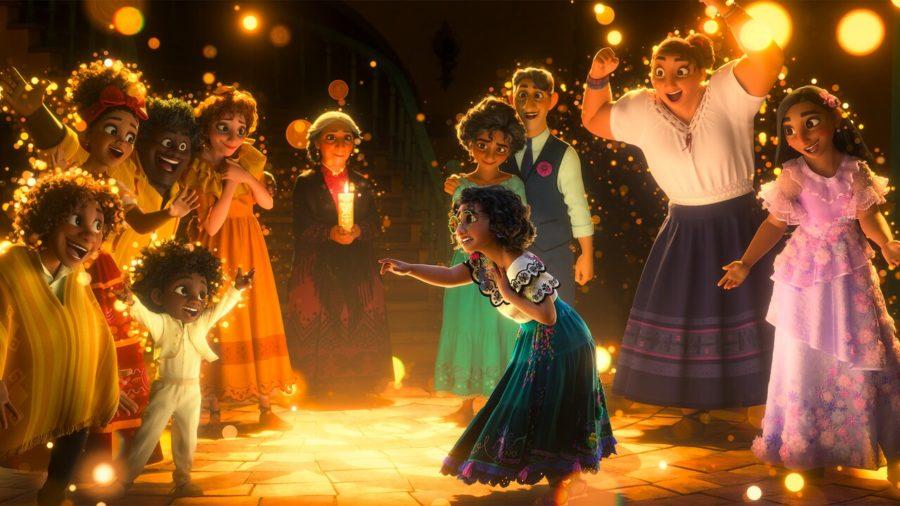Welcome to my reading corner!
This column, which will appear once a month online and at the back of our print edition, is my own personal reading diary that I will be sharing with you. It is not a monthly book review column (I will not be rating any of the books featured here on a scale), mainly because I love every book I feature here and so it would be pointless to review them. I will, however, be pointing out parts I thought were slow or that I did not enjoy as much as other parts. I am a huge Toni Morrison fan, and so every month you will also see a Morrison novel featured here. If you have book recommendations or comments on the books I feature here, let me know in person or on social media!
Martyr!
By Kaveh Akbar
Martyr! is Kaveh Akbar’s debut novel and follows the life of Cyrus Shams, an orphaned son of Iranian immigrants and a recovering addict who is obsessed with the meaningless nature of his mother’s death. Thus begins the roots of Cyrus’ obsession with Martyrdom, leading him to encounter a dying artist who draws him towards his mother’s past, which no longer appears what it seemed.
Filled with humor and a startling twist, Martyr! is a beautiful depiction of the immigrant experience and martyrdom. Cyrus’ mother dies in a passenger flight bombed by a U.S. missile aimed for Iran- a real event that occurred, which Akbar makes clear by weaving in real responses to the event from U.S. leaders and newspapers throughout the book. If you want to begin to understand the true impact of the U.S.’ involvement in the Middle East, this is the book for you. Martyr! covers what it means to live, why we live, and what it means to die for something you believe in. Akbar’s prose is as funny as it is incredible, and as lyrical as it is direct. I’m running out of room to describe how incredible this book is, so I’ll end with this: Martyr! is one of those books that will make you look at the world in a different way.
Song of Solomon
By Toni Morrison
Song of Solomon follows the story of Macon “Milkman” Dead III, an African-American man living in Michigan, from birth to adulthood. To start, I’ll be honest. This was less of an October read and more of a Spring/Summer/October read, it took months to finish Morrison’s 352 pages; and I was, despite being the Morrison fan that I am, bored at times, especially in the beginning. Largely, I’ll chalk this up to how description-heavy the first half of the book was. Compared to Morrison’s other masterpieces, such as Beloved and The Bluest Eye, Song of Solomon felt more focused on character than it did on plot. This was not to the books detriment, however, Milkman is incredibly flawed and self-interested throughout much of the beginning of the book, which makes him as interesting as it does insufferable. I remember reading Morrison’s Paris Review interview and her expressing that the character Pilate, Milkman’s aunt with whom Milkman’s father no longer has contact, almost took over the book. If you need only one reason to read Song of Solomon, read it for Pilate- you will never again find a stronger and more powerful character than her. In beautiful and moving prose that combines realism with elements of fantasy, Morrison conveys the multifaceted nature of Black American culture and identity, exploring ideas such as colorism, class distinctions, and differences between the North and South.
Because of Winn-Dixie
By Kate DiCamillo
Because of Winn-Dixie is, yes, a children’s book, primarily intended for grades 3-6, but it is nevertheless a masterpiece. I was reminded of it recently because I asked myself what book was influential in shaping me into someone who loves stories. Kate DiCamillo succeeds in writing a children’s book that uses simple dialogue and language that is nevertheless so profound. When I reread it this month I was surprised, with all of the difficult and complex topics that this book touches on, at how it was still a children’s book. In many ways Because of Winn-Dixie feels like a lyrical masterpiece that has been stripped to the bone, revealing a beautiful skeleton that makes you more prone to thinking about the ideas of community, empathy, and redemption which DiCamillo presents. For example, a part of the plot includes Littmus Lozenges, a candy that tastes of rootbeer, strawberries, and sadness. Isn’t the idea that a candy can taste of sadness not so simple and so beautiful? Because of Winn-Dixie is full of moments like these, and so, whether you are 8 or 18, I highly suggest you read this.














